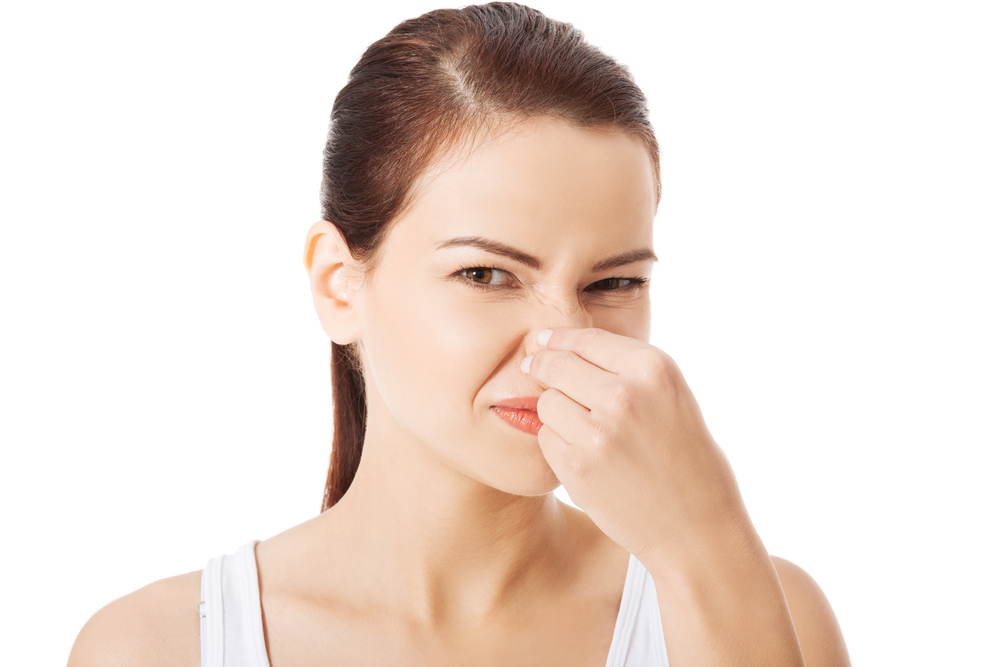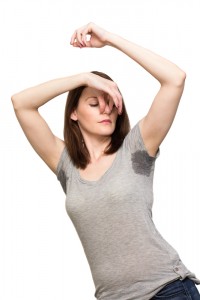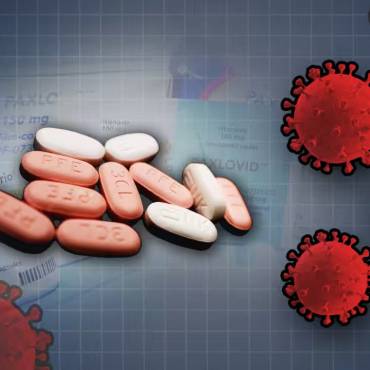Sweating is part of the cooling mechanism of the body – it helps to regulate our body temperature. There are no well-defined excessive sweating causes. Here you will get a brief about various aspects of sweating and its causes.
When the environment is warm, we sweat. This sweat evaporates from the skin taking away the body heat. Hyperhidrosis is when there is more sweating than we need to regulate the body temperature. These episodes of excessive sweating happen at regular intervals, at least once a week for no particular reason. There are no well-defined excessive sweating causes. Some of the signs and symptoms of the condition include:
• Clammy palms
• Clammy feet
• Frequent sweating
The sweat glands release perspiration, which goes to the skin surface when the air temperature increases, or when you get a fever, or when you are under stress or when you are exercising. When these issues are not present, sweating does not happen. For people with hyperhidrosis, however, the sweating continues. These people produce sweat even when they are in conditions that do not release sweat. For example, even when they are in air conditioning or engaged in sedentary activities.
Also Read: How to stop bleeding gums
Ways to stop excessive sweating:
Hyperhidrosis can cause discomfort and stress. It can be embarrassing. The condition can affect self-esteem, ruin relationships, and impair social interactions. In severe cases, it can make it difficult for people to even shake hands or hold a pen or drive a car.
Although metabolic, neurological and other conditions can trigger hyperhidrosis, the condition happens in people who are otherwise healthy. While stressful situations and a warm environment may cause hyperhidrosis, people who suffer from it sweat nearly all through the day, irrespective of the weather or their mood.
In severe causes, people may even experience skin issues such as bacterial and fungal infections. There may be a constant worry about clothes getting stained. People with the condition tend to feel self-conscious and are reluctant to make any physical contact. They run the risk of becoming socially withdrawn, and this may lead to depression. Also, people affected with the condition may have to spend a great deal of time every day dealing with excessive sweat such as changing clothes, washing, wiping, etc.
Excessive sweating causes depend on the type of sweating. It is harmless and in most cases doctors are not aware of why people sweat so much. Hyperhidrosis is of two types:
Primary hyperhidrosis This is when sweating happens in the face, feet, underarms, and hands.
Secondary hyperhidrosis This is when sweating happens all over the body or in some parts and is due to some medical condition.
Health experts are not sure why people develop primary hyperhidrosis. Reasons may be hereditary. Most people say that they have been sweating excessively since their childhood.
How to stop excessive sweating:
Some non-surgical methods to deal with the issue include:
• Over-the-counter antiperspirants
• Medications known as anticholinergics that have an effect on the nerve signals
• An electrical treatment known as iontophoresis
• Botox injections
If there is severe sweating, surgery can be prescribed by the doctor. Through surgery, the sweat glands are removed from the areas. In other methods referred to as thoracic sympathectomy, the nerves that are responsible for sweating are cut off from the body.
Also Read: 8 Insomnia tips to help you fall asleep
However, there are side effects of these procedures. It may lead to profuse sweating in other parts of the body including the legs, back or chest. It can also lead to nerve and chest issues.
Causes of secondary hyperhidrosis
This kind of sweating happens in one part of the body or all over. Also, people suffering from it are more likely to seat during sleep. Secondary hyperhidrosis is caused by some medication or medical condition. Some of the medical conditions that can lead to the condition include:
• Obesity
• Pregnancy
• Menopause
• Hyperthyroidism
• Rheumatoid arthritis
• Diabetes
• Parkinson’s disease
• Gout
• Lymphoma
Treatment involves identifying the underlying conditions and following a suitable treatment plan. While discussing with your doctor, make sure to mention at what time you sweat, so that it is easier for him or her to diagnose.
Visit your doctor if you face any of the following:
• Sweating more than usual
• Sweating is disturbing your daily activitie
• You are experiencing night sweats without any reason
Seek medical attention immediately if the heavy sweating is followed by
• Chills
• Giddiness
• Chest pain
• Vomiting
• High body temperature
If you are wondering how to stop excessive sweating, you must consult your doctor to know about the best treatment plan that suits your particular needs.




